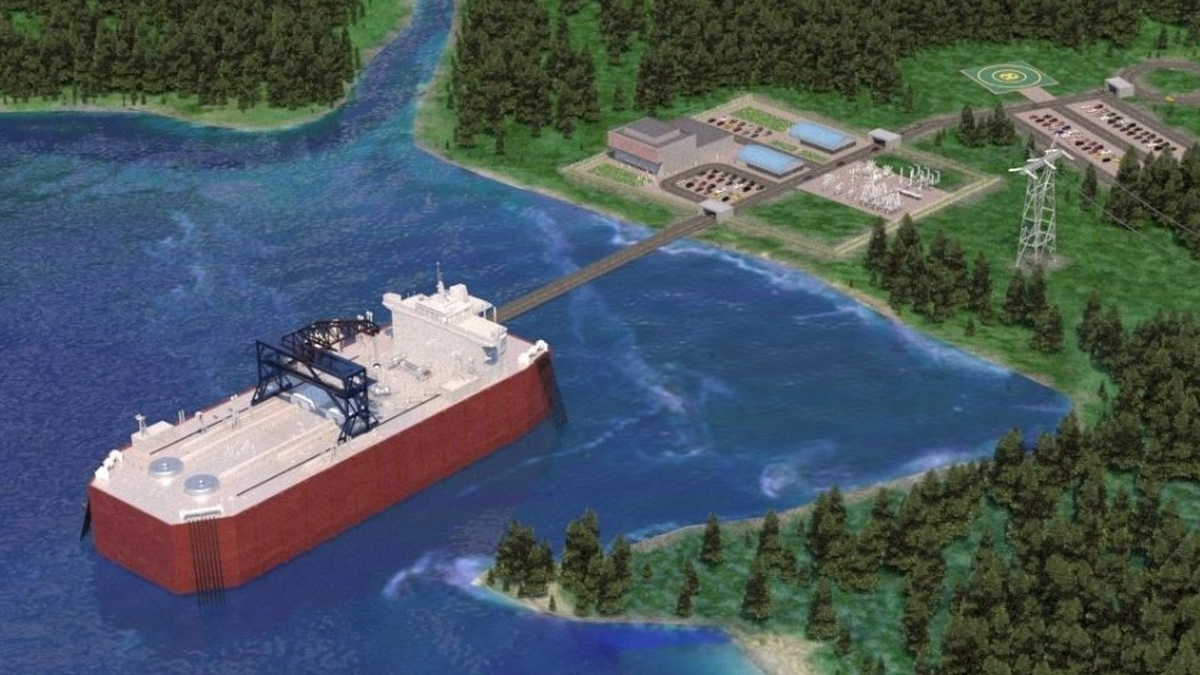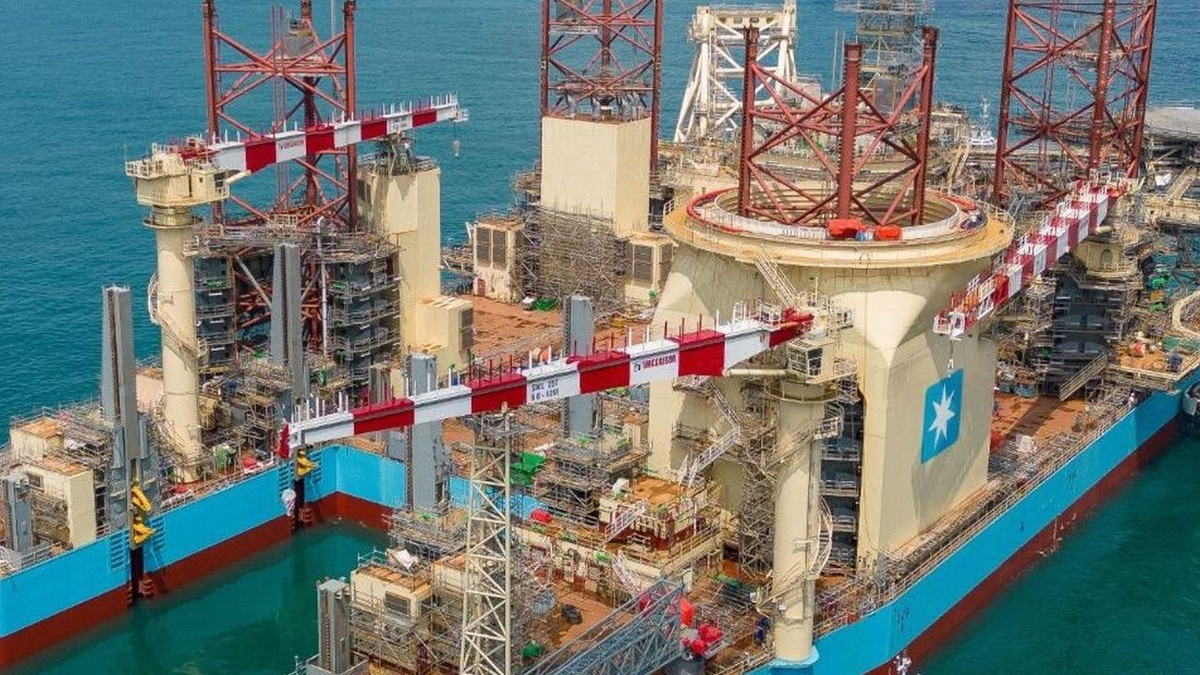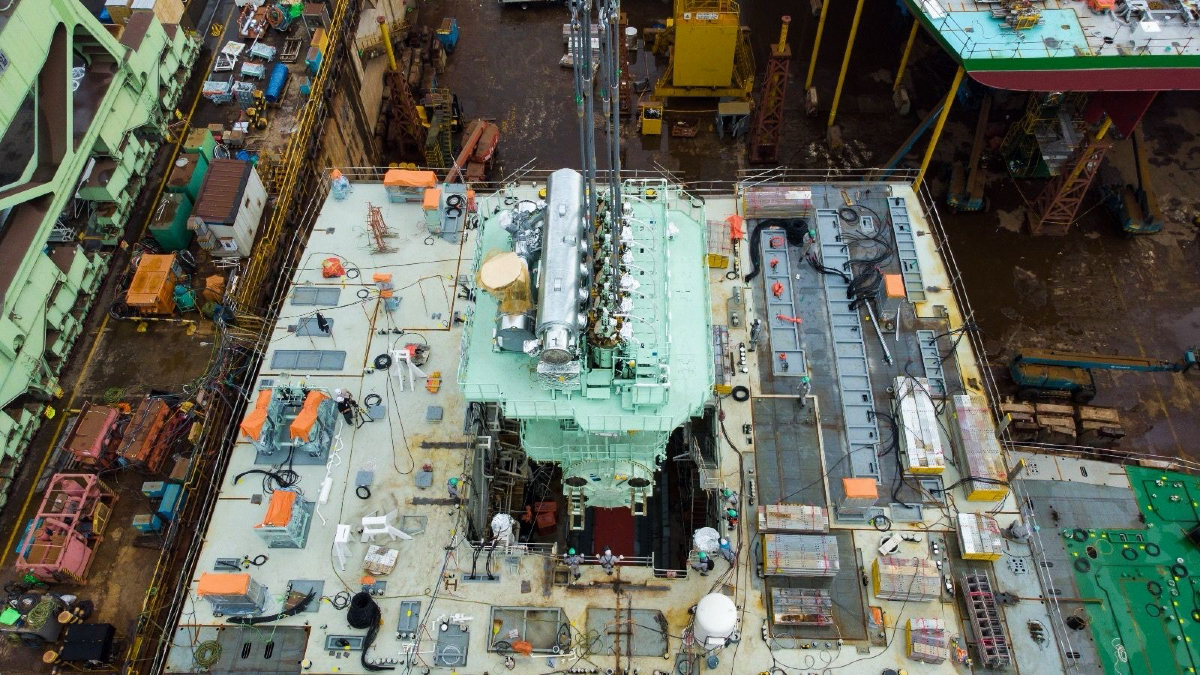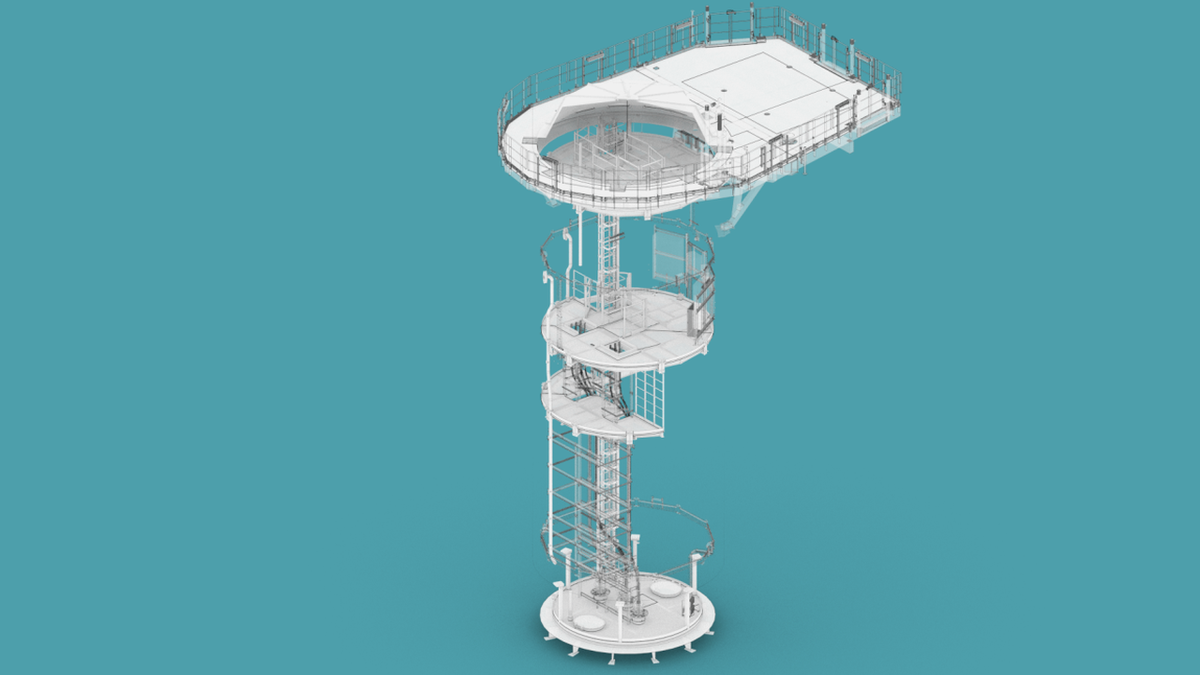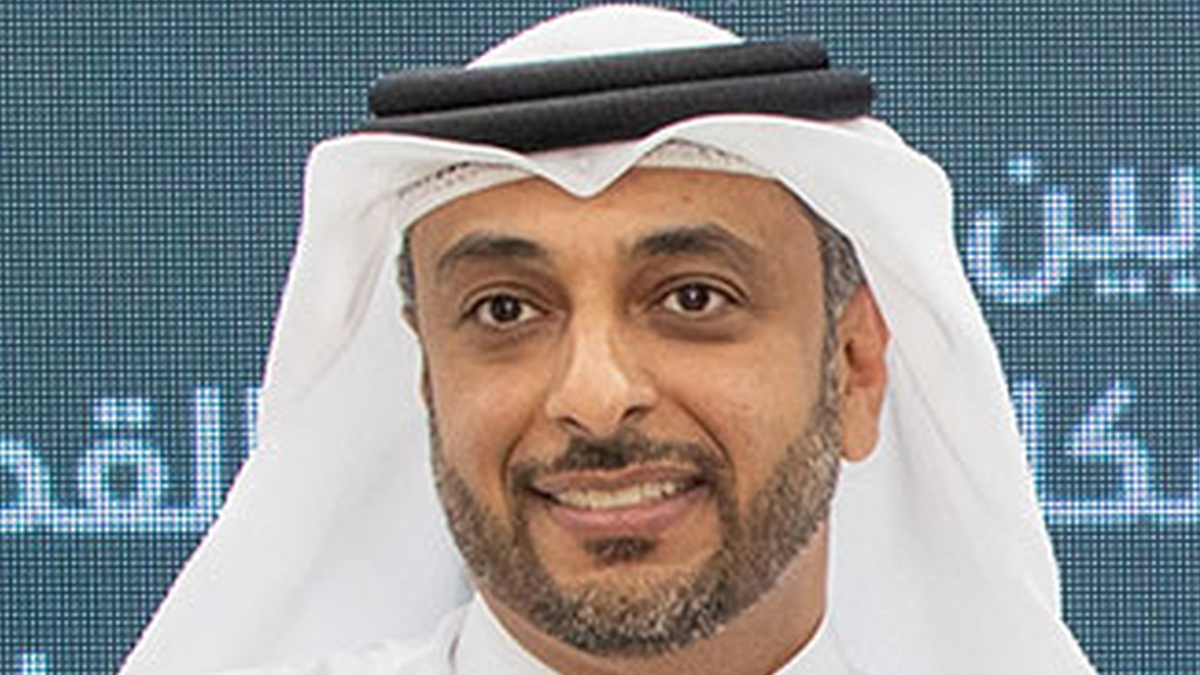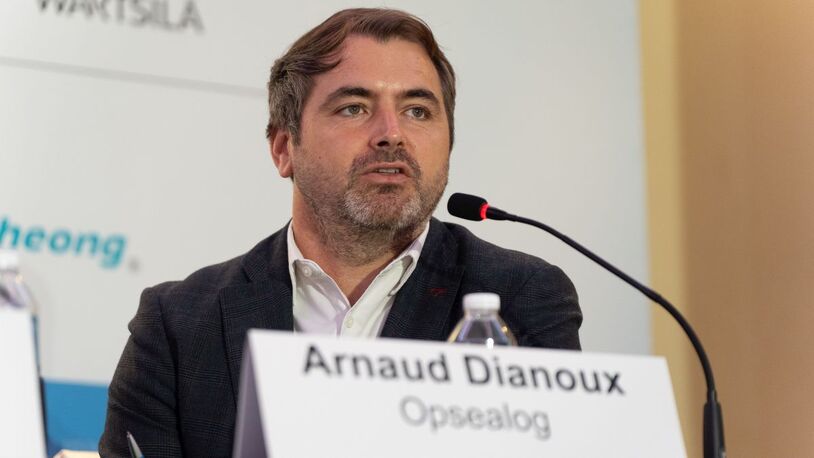Business Sectors
Events
Floating energy: successfully unlocking stranded gas using FLNGs and FSRUs
Contents
Register to read more articles.
Microsoft, LR partner on AI-driven push for use of nuclear technology in maritime
The software corporation and classification society will use artificial intelligence to deploy nuclear in maritime applications
UK-based Lloyd’s Register (LR) will work with Microsoft to use Microsoft’s Azure OpenAI service and algorithms to advance nuclear power’s adoption for maritime applications.
LR plans to use artificial intelligence (AI) to bridge the gap between terrestrial and maritime applications of nuclear power as the shipping industry considers its use for sectorwide decarbonisation.
The class society said Azure’s generative AI capabilities can analyse historic nuclear licensing data and enable licensing engineers to draft new permitting documents quickly for review and refinement.
Azure can also search for regulations, precedents and other valuable information buried in large regulatory datasets, as a cost-effective pathway through regulation, which LR said is essential for making nuclear a viable clean energy solution in the maritime industry.
“We have a large data source from decades of regulatory applications which these AI capabilities can interrogate swiftly to identify good practice and lessons learned,” said LR director of its global offshore power-to-X programme and lead on nuclear technology, Mark Tipping. “Together, we are tackling one of the biggest challenges in deploying nuclear technology, which is navigating complex, slow and costly licensing processes.”
He said AI will help to unlock the potential of nuclear across floating power, offshore energy and ship power.
“Collaborating with Microsoft provides us with an excellent opportunity to combine two very different areas of expertise: its AI capabilities and our history and knowledge of maritime and nuclear safety,” said Mr Tipping.
Microsoft is working across multiple sectors to make AI and cloud-based services available for research, technical developments and operations, including breaking down regulatory barriers.
“The power of AI drives innovation and advances sustainability across sectors,” said Microsoft chief vice president for energy and resources industries, Darryl Willis. “By combining our AI with Lloyd’s Register’s expertise in maritime and nuclear safety, we are paving the way to ease regulatory barriers and make sustainability more attainable for all industries.”
This collaboration with Microsoft is driven by a team led by LR deputy chief technology and innovation officer, Jeff Scott, who is exploring AI’s potential in maritime nuclear regulation.
“Regulations should not be a roadblock to innovation, they should be a launchpad,” said Mr Scott. “By teaming up with Microsoft, we are using AI to cut through the red tape and fast-track the future of nuclear in maritime. It is an exciting step toward making clean energy a reality on the water.”
Riviera’s Maritime Decarbonisation Conference Asia will be held in Singapore, 15-16 April 2025 where experts and shipowners will examine the most viable decarbonisation pathways for Asia’s shipping industry. This conference will bring together the latest thinking and developments on net-zero strategies, regulations, technologies, supply chain maturity and economics. Use this link for more information and to reserve your place.
Related to this Story
Events
Maritime Regulations Webinar Week
Floating energy: successfully unlocking stranded gas using FLNGs and FSRUs
© 2024 Riviera Maritime Media Ltd.


